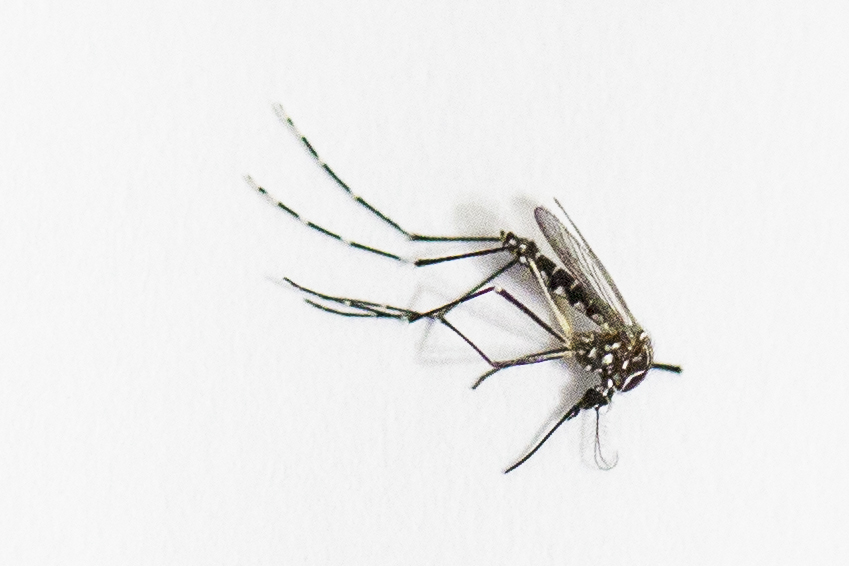
Health officials have said for some time now that they are confident that Zika causes the birth defect microcephaly. Precisely how the virus does that remains unclear. But studies published Wednesday add to the picture, showing how the virus can multiply in the placenta and reach the fetus.
In a study published in the journal Cell, researchers used mouse models to see how a Zika infection behaves during pregnancy. Researchers at Washington University School of Medicine in St. Louis found that the Zika virus enters a pregnant mouse’s bloodstream and reaches the placenta where it multiplies. It then spreads to the fetuses and infects the brain cells of the mouse’s fetuses.
In another study published in the journal Nature, researchers infected mice with Zika and found that the virus infected the fetuses and restricted growth. They also observed signs of microcephaly in the mice. In a third study published in the jounal Cell Stem Cell, researchers infected a mouse fetus and observed rapid virus multiplication and brain development issues similar to those seen in microcephaly, the Los Angeles Times reports.
Mouse models do not directly translate to humans and cannot offer definitive conclusions about how the virus reacts in a pregnant woman. Still, a mouse model is considered the first step in understanding this process and can help inform vaccine and drug development. Simultaneously, researchers are also studying pregnant women and families of infants born with microcephaly to understand more about the virus and some of the risk factors for infection and birth defect development. For instance, researchers still don’t know for certain why some women will have babies with microcephaly and some will not, and what time during pregnancy infection with Zika is especially risky.
More Must-Reads from TIME
- Donald Trump Is TIME's 2024 Person of the Year
- Why We Chose Trump as Person of the Year
- Is Intermittent Fasting Good or Bad for You?
- The 100 Must-Read Books of 2024
- The 20 Best Christmas TV Episodes
- Column: If Optimism Feels Ridiculous Now, Try Hope
- The Future of Climate Action Is Trade Policy
- Merle Bombardieri Is Helping People Make the Baby Decision
Contact us at letters@time.com